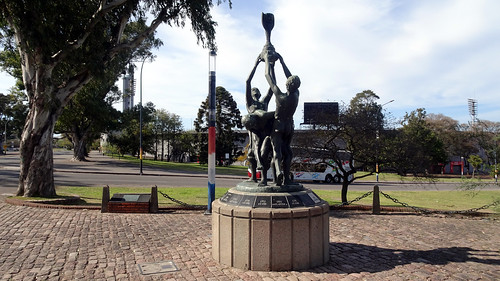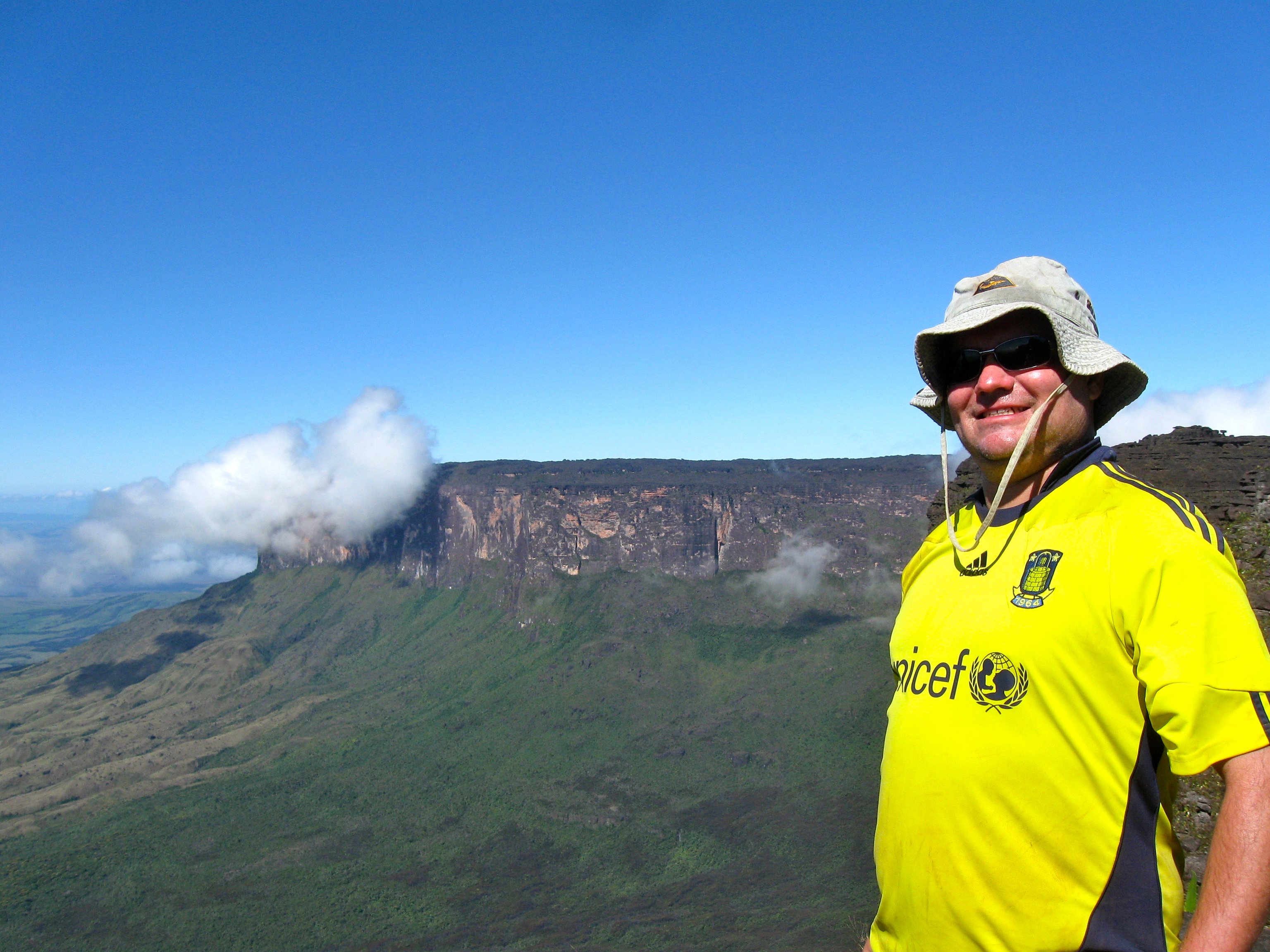I just finished the book "Angels with Dirty Faces", by Jonathan Wilson. It is the footballing history of Argentina, and it is told vividly and in fascinating detail, from the early days of football in Argentina, brought over by the British, and in particular Alexander Watson Hutton, a Scottish teacher who was the spearhead in setting up the Argentinean league and founding the Football Association in 1893. It is indeed fascinating how the love-hate relationship of Argentina with England appears as a recurring theme, from the early adoption of the game to the legendary 1986 World Cup quarterfinal when Maradona scored his two most memorable goals, which are very much put in context in the book; the boy from the poor South American background who could do magic with the ball: "...a pibe with a dirty face, a mane of hair rebelling against the comb; with intelligent, roving, trickster and persuasive eyes and sparkling gaze that seem to hint at a picaresque laugh that does not quite manage to form on his mouth, full of small teeth that might be worn down through eating yesterday's bread. His trousers are few roughly sewn patches; his vest with Argentinian stripes, with a very low neck and with vmany holes eaten out by the invisible mice of use. A strip of material tied to his waist and crossing over his chest like a sash serves as braces. His knees covered with scabs of wounds disinfected by fate; barefoot or with shoes whose holes in the toes suggest they have been made through too much shooting. His stance must be characteristic; it must seem as if dribbling with a rag ball. That is important: the ball cannot be any other. A rag ball is preferable bound by an old sock. If this monument is raised one day, there will be many of us who will take off our hat to it, as we do in church".
This was written by a journalist in 1928 describing the ideal of a "criollo" footballer, made not by the British, but in the Argentinean "potreros", born in the street with cunning and magic. The book dwells a lot into Maradona, but does not fail to mention many of the legendary players that preceded him, from Guillerom Stabile, Luis Monti, Roberto Cerro, Bernabe Ferreyra, Antonio Sastre, Omar Corbatta, Jose Sanfilippo, and many others.
The book puts all the history of Argentinean football in the context of the Argentine society, from its early days as a magnet for European migrants and growing rich amid the problems in EUrope, and also the time when Argentine football started to grow its own identity, not only in relation to the British, but also in relation to its little neighbour, Uruguay, who was the first seeing international success, and winning the first World Cup against an Argentina side who had many clashes against the arch-rivals, a rivalry that was later replaced by Brazil, something that also gets some great stories in the book.
In the 1940s Argentine football, and particularly club football, was perhaps the best in the World, but the national team did not perform, and strangely the political winds under Peron did not allow Argentina to play the 1954 World Cup. And in the 1958 World Cup when Argentina was humiliated 6-1 by Czechoslovakia, a wave of so-called "anti-football" went through Argentina, the first hints of the footballing schizophrenia of "Mennotism" versus "Bilardism" (style versus result) that becomes a theme in the book from the 1960s, and Estudiantes de la Plata victorious but largely hated team, for its football. In parallel with this, Argentina is going from crisis to crisis, economically, socially and politically.
The 1978 World Cup of course gets special mention, as it was held under a violent military dictatorship that wanted to win the cup at home, despite a Menotti who was largely seen as against the dictatorship. And even the reflection of how many political prisoners celebrated the victory against the Netherlands; as it was more than about a political victory for the regime, but more a victory for all Argentines in a country of paradoxes.
The book ends in 2016, shortly after the defeat in the 2014 World Cup final and the 2015 Copa America, when hopes were being put into a young Lionel Messi, who many still criticised for not being from the "potreros", and perhaps didn't fit in the Argentinean ideal of their players (and never having played in Argentina). The book is therefore not as optimistic when it ends; but it would be interesting to hear about the changes that led to the 2022 World Cup with Messi as its architect, and the enormous political changes that led to the election of Milei in 2023. A more cosmopolitan Argentina relying on players playing in Europe? Because while more and more Argentinean players were going abroad the quality of Argentinean clubs was decaying, with hooliganism rampant, something that sadly seems to be more the case today.
So even though the book ends some ten years ago, it is perhaps one of the best books to learn about the fascinating history of Argentinean football, and in the context of the complex schizophrenia of Argentinean society. So I highly recommend it.


